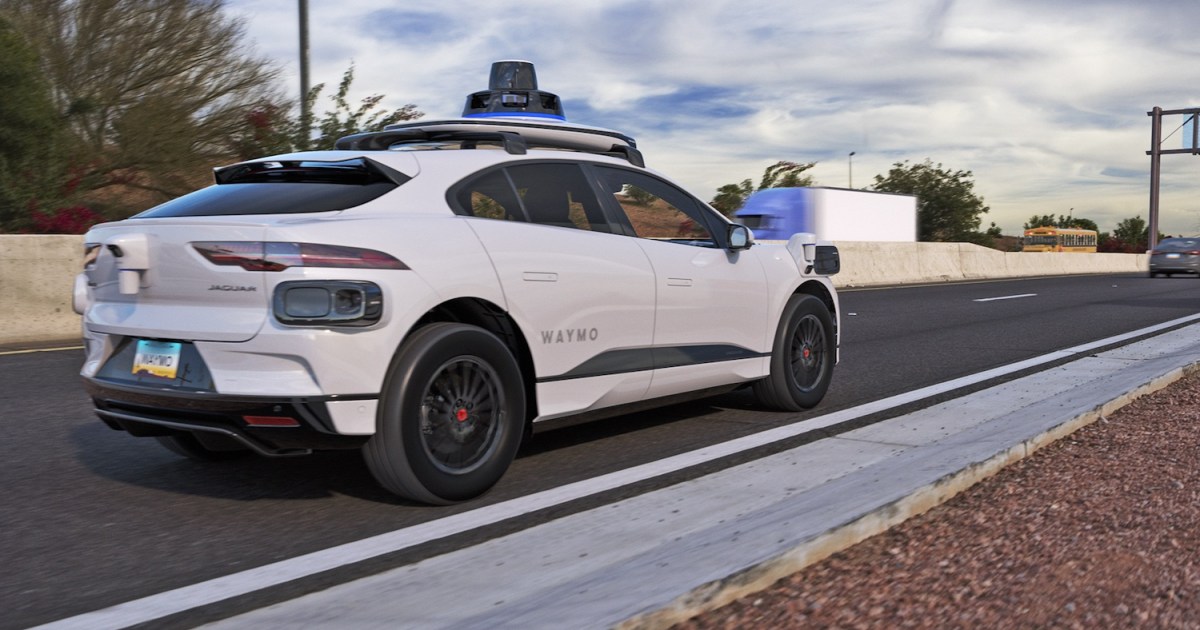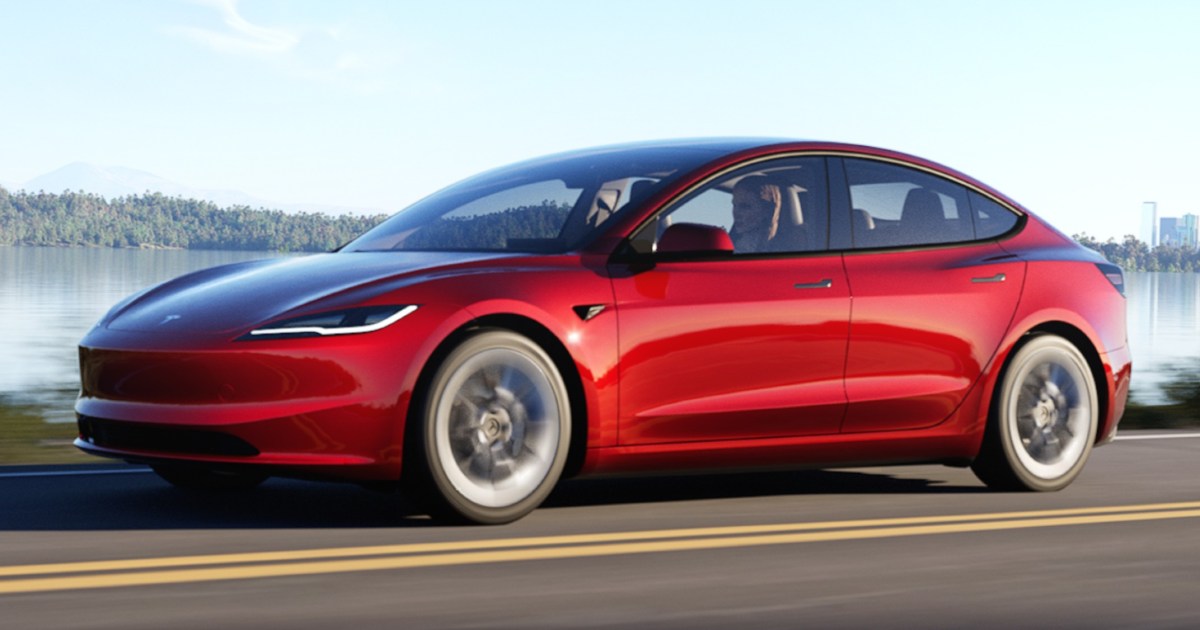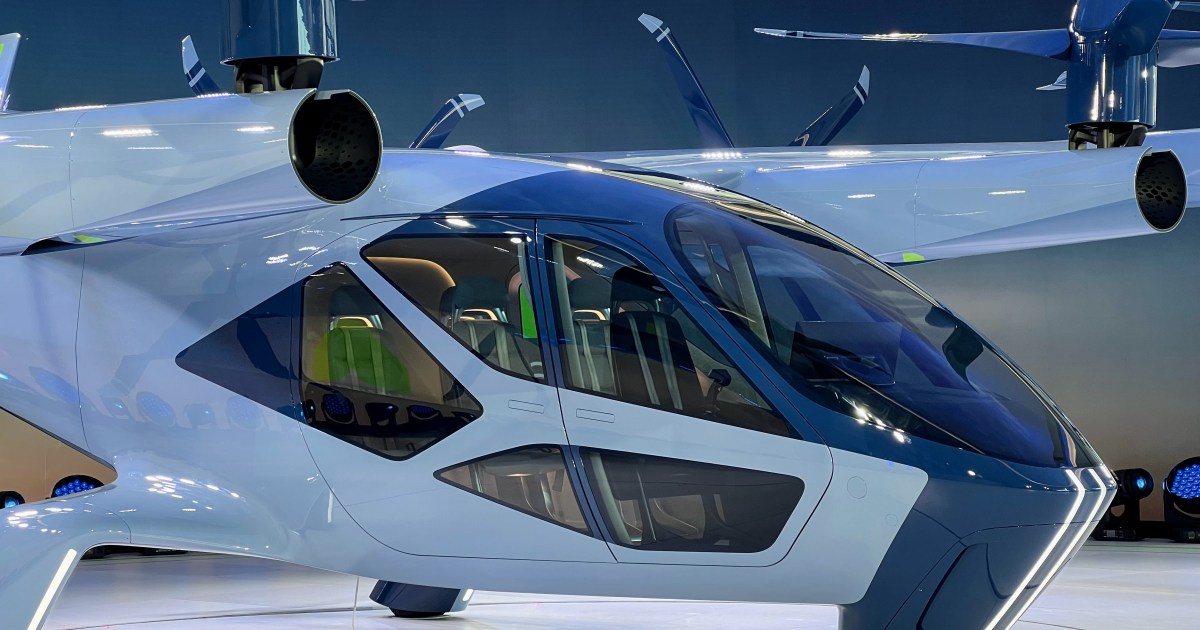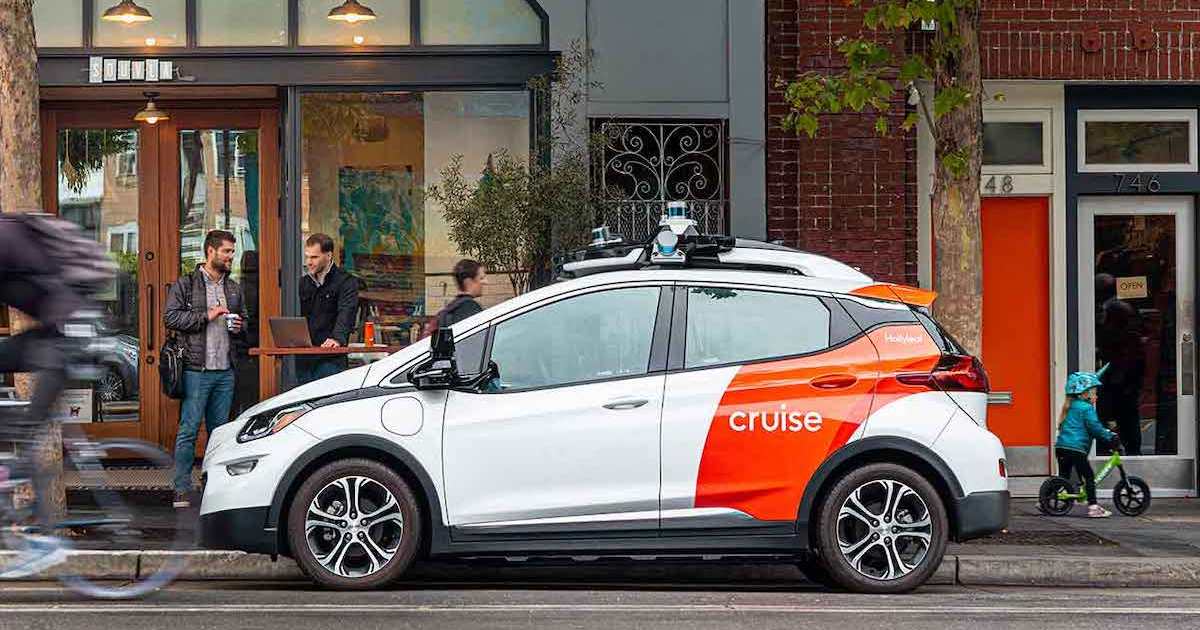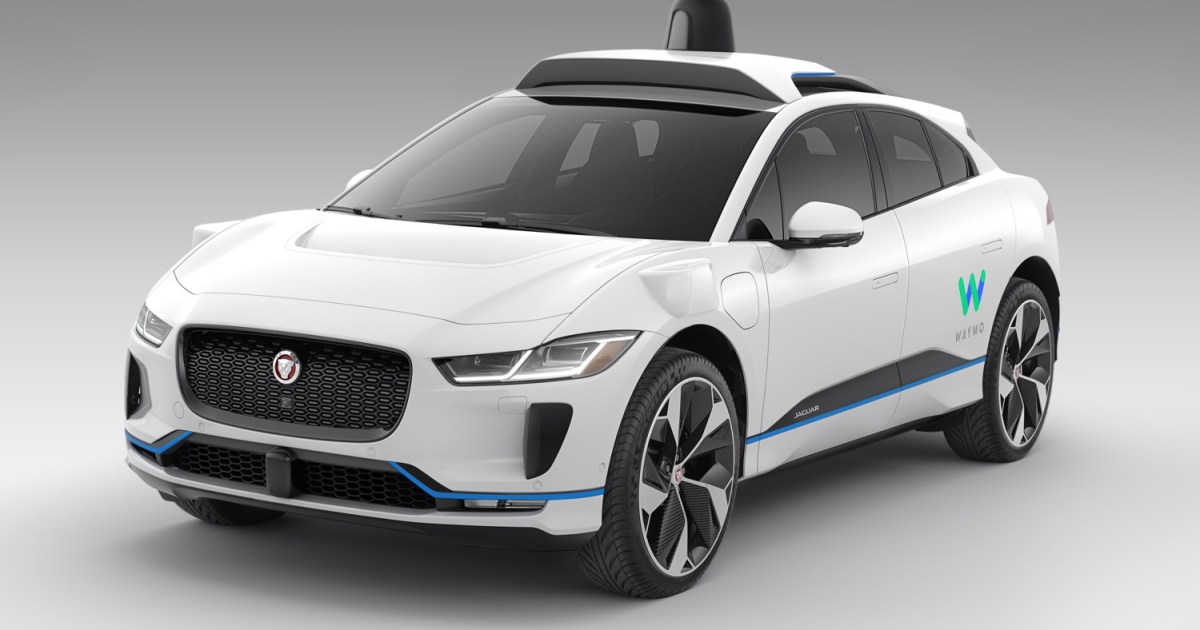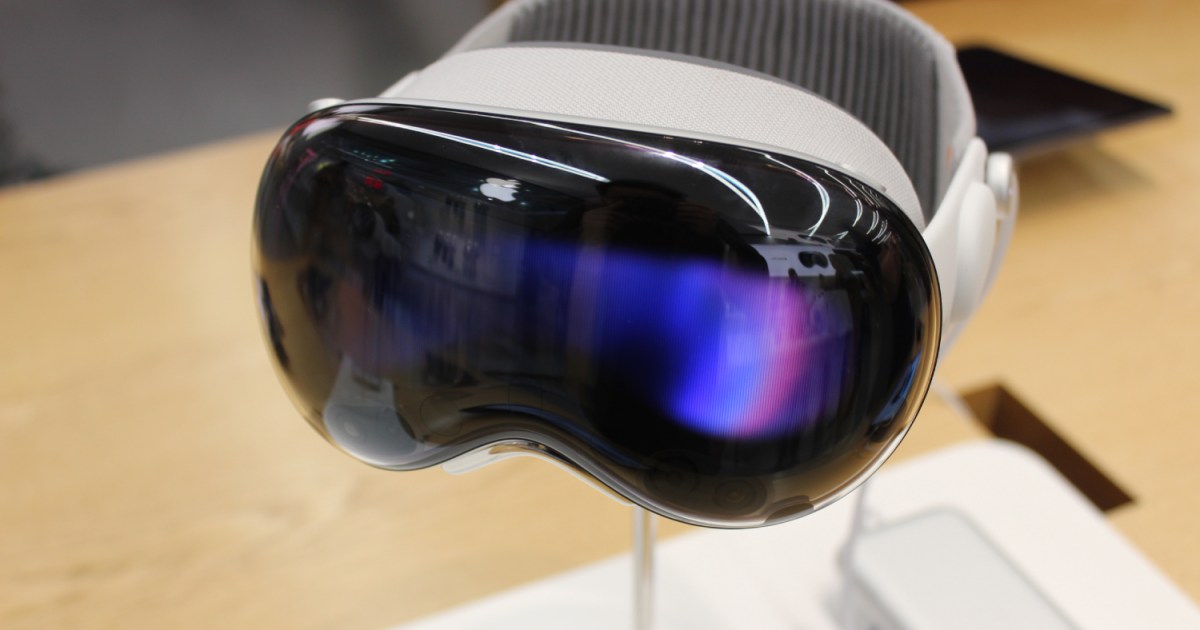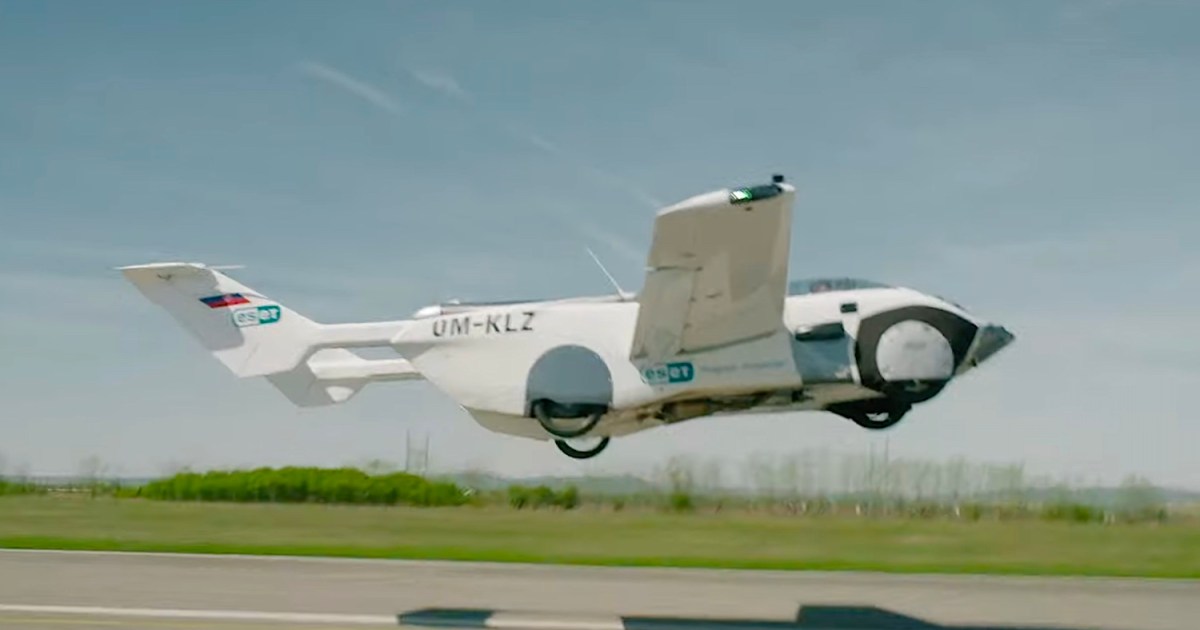Waymo, a subsidiary of Alphabet, is expanding its autonomous vehicle program by introducing fully driverless cars onto freeways for the first time. This marks a significant milestone after years of testing on city streets.
Initially, freeway rides in Phoenix will be exclusive to Waymo employees. The company emphasized its preparedness, citing “years of experience operating rider-only vehicles on public roads and millions of miles of autonomous truck and car testing on freeways.” Public access via the Waymo One ridesharing program will follow after rigorous safety and comfort assessments.
This freeway integration is crucial for scaling operations to new cities, offering potential trip time reductions of up to 50% compared to navigating slower city streets. Waymo’s progression from having a human safety driver to fully driverless operation on freeways highlights its technological advancements.
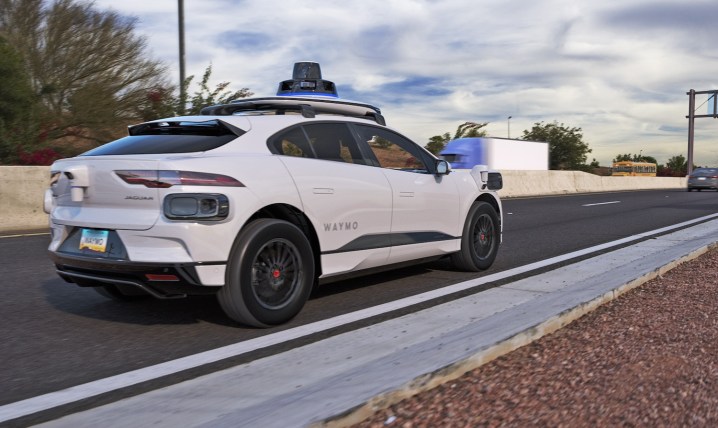 A driverless Waymo car drives along a freeway.
A driverless Waymo car drives along a freeway.
This move comes under heightened scrutiny following a recent incident involving a competitor’s driverless car in San Francisco. The incident led to regulatory action and increased public attention on the safety of autonomous vehicles. Waymo’s performance on freeways will be closely monitored by both regulators and the public.
The incident prompted California regulators to temporarily suspend the competitor’s driverless testing permit, leading to a nationwide withdrawal of their vehicles and significant company restructuring. This underscores the challenges and regulatory complexities surrounding autonomous vehicle deployment.
Waymo’s freeway testing represents a significant step forward for the autonomous vehicle industry. The company’s focus on safety and its gradual approach to deployment, starting with employee testing, demonstrate a commitment to responsible innovation. The success of this program could pave the way for wider adoption of driverless technology and significantly impact transportation.
The competitor, while facing setbacks, remains committed to its autonomous vehicle program and plans to resume testing. The industry continues to evolve, learning from these experiences and striving toward a future where driverless technology enhances transportation safety and efficiency.



